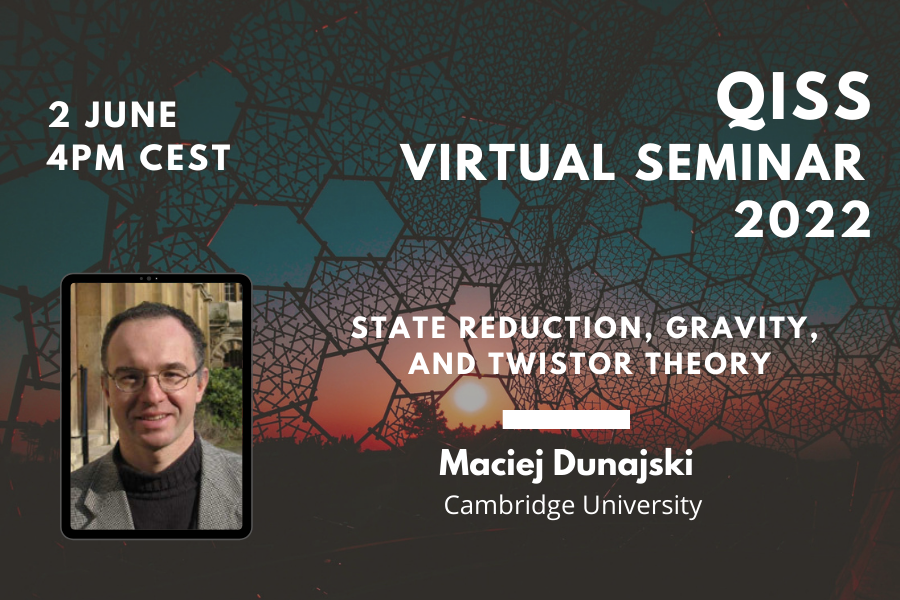It has been shown that it is theoretically possible for there to exist quantum and classical processes in which the operations performed by separate parties do not occur in a well-defined causal order. A central question is whether and how such processes can be realised in practice. In order to provide a rigorous argument for the notion that certain such processes have a realisation in standard quantum theory, the concept of time-delocalised quantum subsystem has been introduced. In this paper, we show that realisations on time-delocalised subsystems exist for all unitary extensions of tripartite processes. Remarkably, this class contains processes that violate causal inequalities, i.e., that can generate correlations that witness the incompatibility with definite causal order in a device-independent manner. We consider a known striking example of such a tripartite classical process that has a unitary extension, and study its realisation on time-delocalised subsystems. We then discuss the question of what a violation of causal inequalities implies in this setting, and argue that it is indeed a meaningful concept to show the absence of a definite causal order between the variables of interest.
